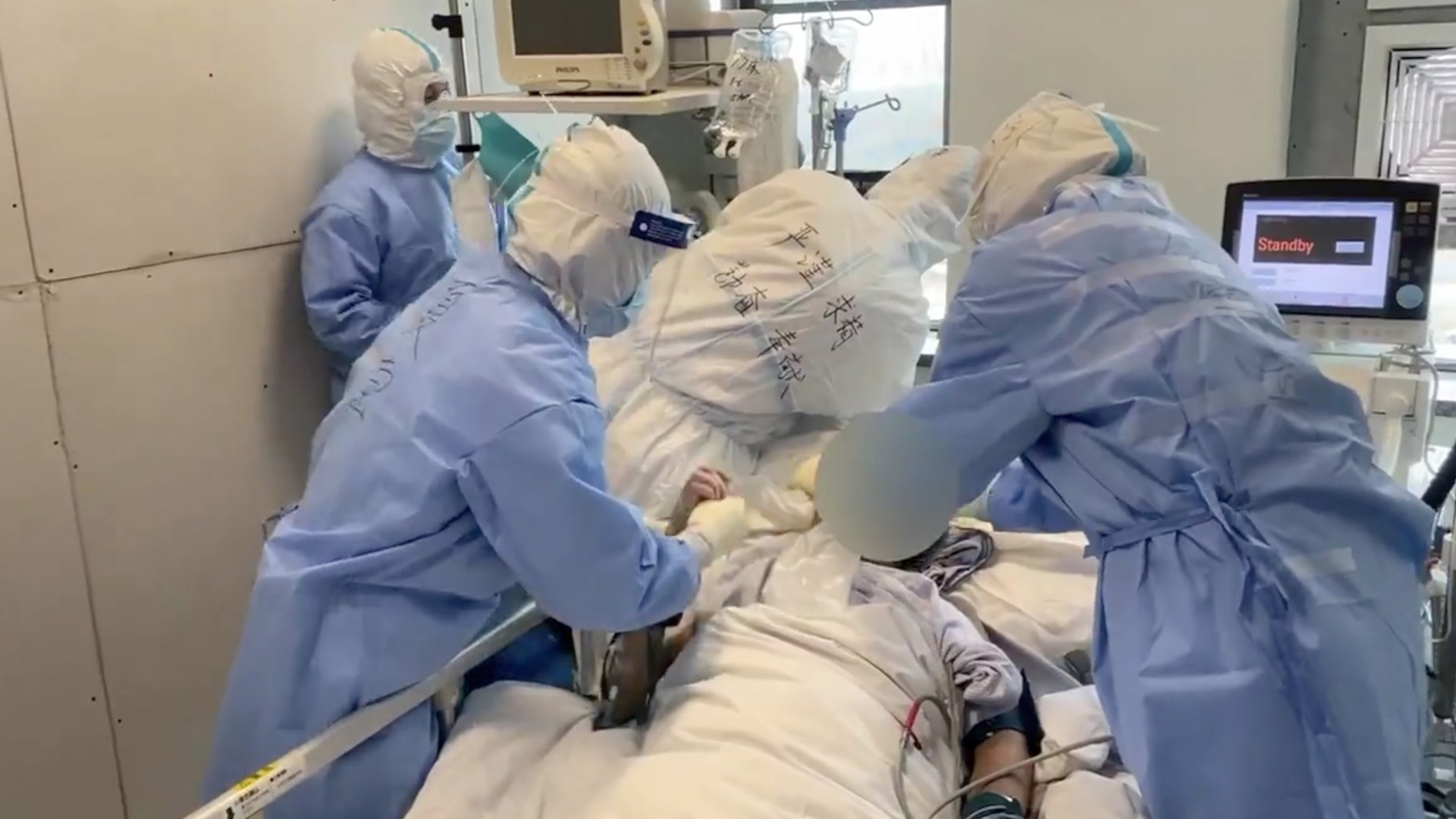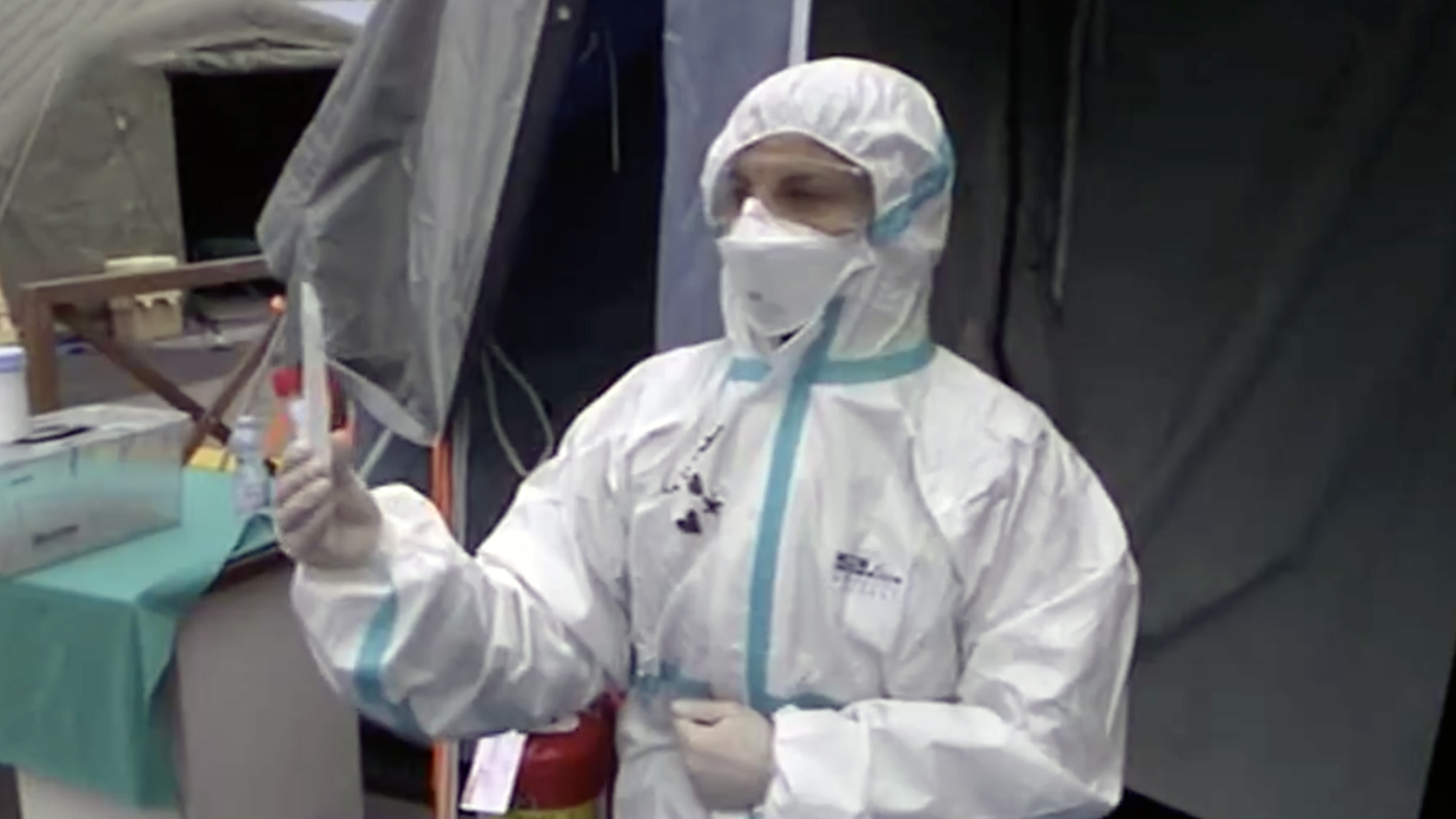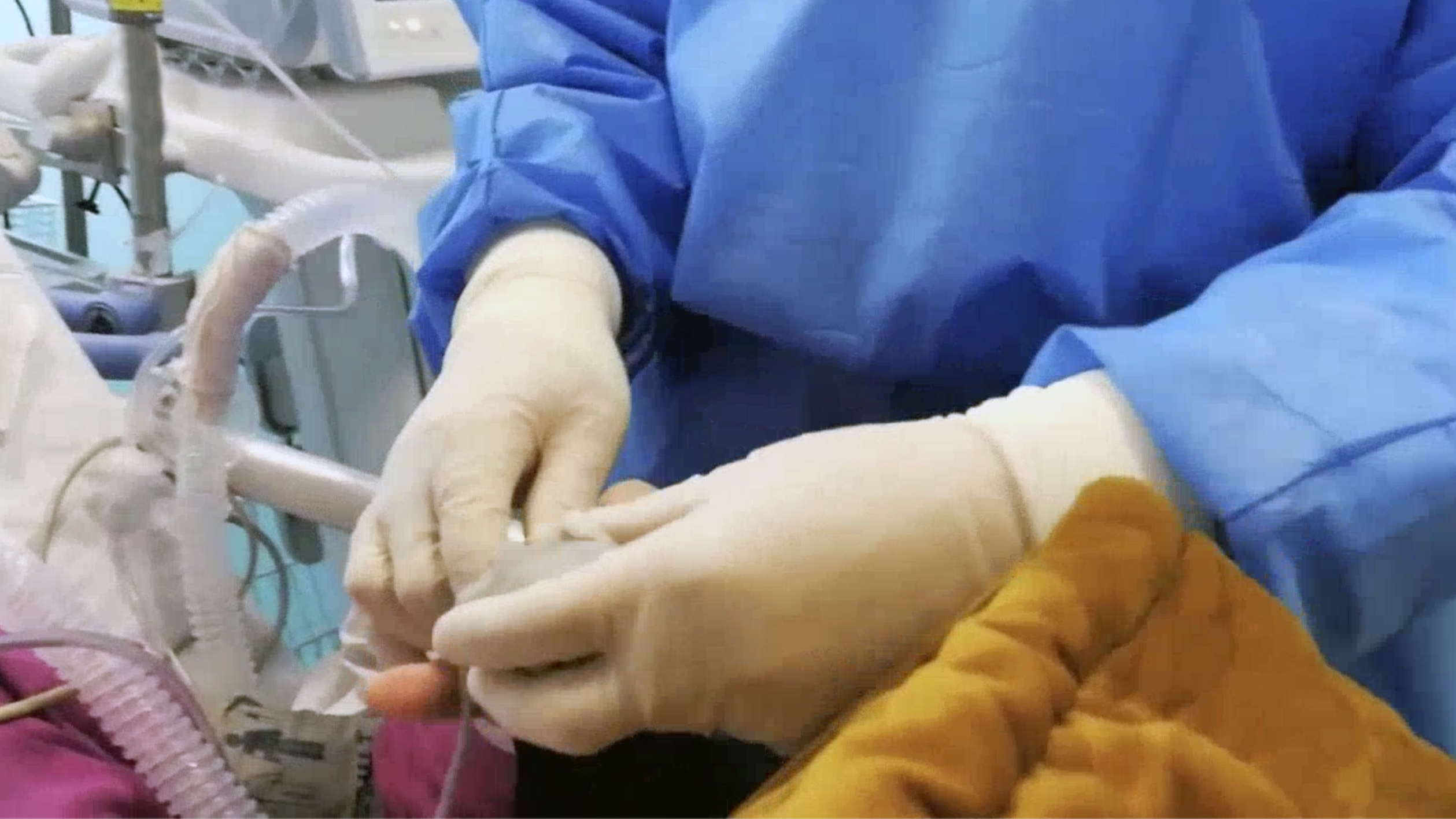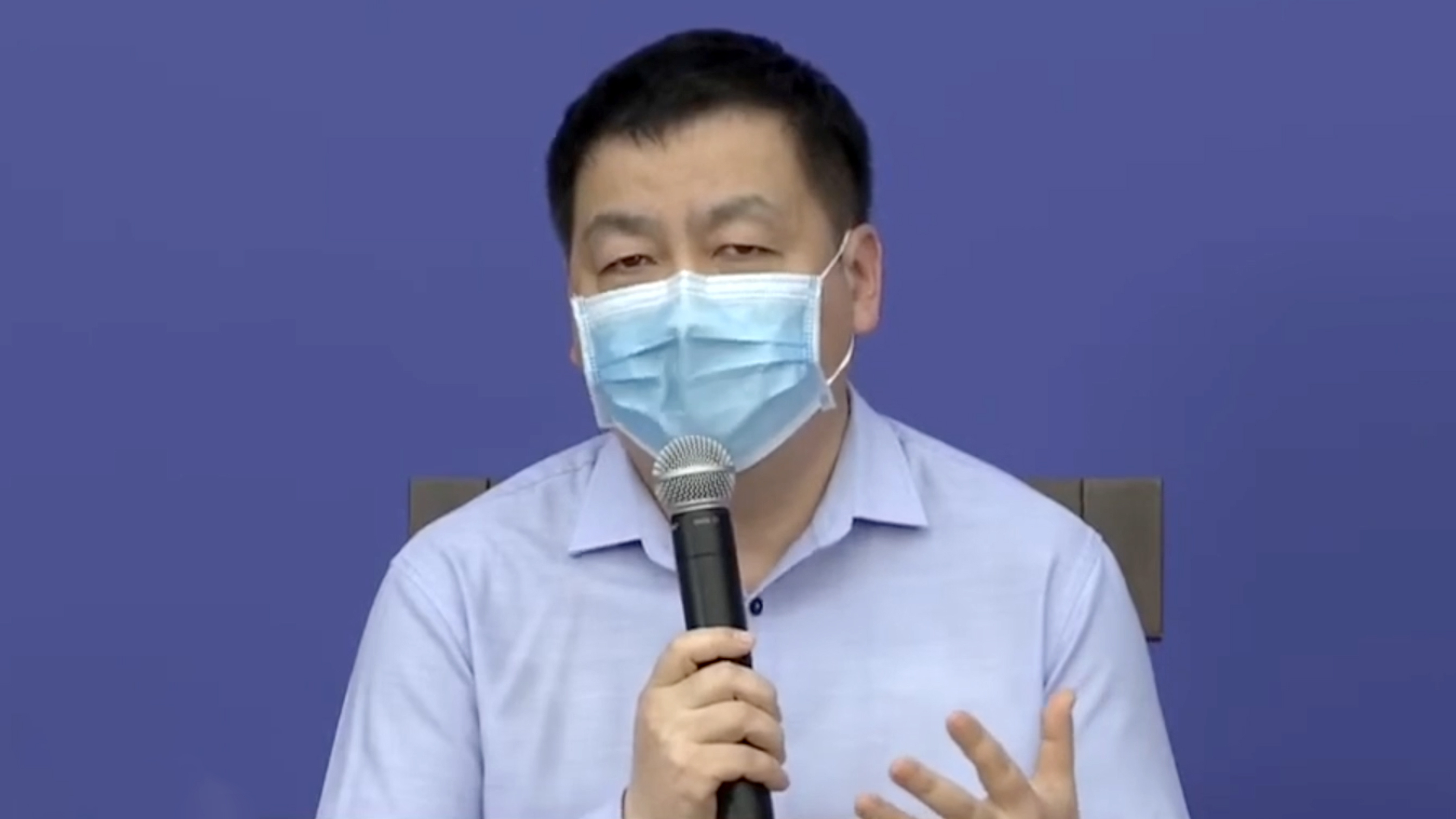02:17

Preventing and controlling the epidemic rather than just treating it is one of the most important lessons offered by a team of medical professionals who have spent weeks treating severe COVID-19 patients in Wuhan, the epicenter of the outbreak in China.
The team, from Peking Union Medical College Hospital (PUMCH), shared their frontline experience and lessons learned from the fight against the virus at a press briefing on Monday.
04:16

The experts said that the outbreak of COVID-19 in China is moving towards an end as all 16 temporary hospitals set up to treat mild patients have been closed. They believe control and prevention efforts have the primary effect.
"I think we are in a situation of control because we are still following the classic theory of epidemiology, which is to control the source of infection, cut down the spread, and protect those susceptible of contracting it," said Wu Dong, an associate chief physician of the Medical Department of Gastroenterology at the hospital.
Du Bin, professor and doctor of Medical ICU at the hospital, stressed that the crucial step is test.
"I know there are some different approaches in China and in other countries like the U.S. I'm not the one to make the judgment about who's right and who's wrong. But apart from testing, I just have no idea how you can identify the suspected cases and how to quarantine the close contacts," he said.
He added that the turning point in Wuhan is when all suspected patients and close contacts were isolated.
But they warned that there are still over 3,000 patients in severe condition in China and there are also risks caused by imported cases.
2nd outbreak of COVID-19 unlikely to occur in China
A second outbreak of COVID-19 is unlikely to occur in China, said Cao Wei, deputy director and associate chief physician of the department of infectious diseases at the hospital.
She said the global epidemic does not solely depend on the situation in China, or any other area or country in the world.
"The domestic outbreak in China would not be a great concern under the current measures of prevention and control," Cao said, but experts will still "wait for another month to see and make the final judgment."
However, people should be aware that the new onset of confirmed cases involves patients who are traveling to China, so it is probable that the number of new cases, including imported cases, will remain at a low level but may last for a certain period of time., according to the expert.
03:46

Remote consultation via 5G plays an important role
Besides the concerted and painful efforts they have made, the group believes that new technologies such as remote consultation via 5G also play an important role.
"We have established a virtual online consultation system. So, we routinely have those online meetings with the experts back in Beijing. So, we can discuss some difficult and complicated cases with them almost like face to face. I think this enables us to provide high-quality care to all of our patients," Wu said.
"These new technologies will give us more weapons or opportunities to fight the coronavirus and protect people," he added.
Du told that teleconference with doctors and experts back in their mother hospitals thousands of miles away is a common practice within each medical team from different provinces in Wuhan, as well as other cities in Hubei.
03:55

TCM and Western medicine have own strengths and weaknesses
Traditional Chinese Medicine (TCM) has been widely used to treat COVID-19 patients in China, and the combined treatment of TCM with Western medicines has proven effective, according to the experts.
Du said that both methods have their own strengths and weaknesses in regards to the treatment of COVID-19 cases.
Thus, medical teams share information using the combined method, hoping to make more breakthroughs in treatment.
It's very hard to assess the efficacy of TCM from the point of view of Western medicine, Du said, adding that they have different philosophies and evaluation systems for success.
"We should learn from them. And also we encourage our colleagues in the TCM sector. They would know what we are doing and they will adopt our system of evaluation or assessment in order to let not only us but also the international community to understand what they are doing," he said.
Although nearly 68,000 patients have recovered in China, the experts say that people should not lower their guard, especially with the pandemic still plaguing multiple nations.
The medical experts vowed to continue their efforts and stressed that every country has different conditions and treatment methods, but all should join hands to share valuable experiences in the fight against the coronavirus.
(CGTN's She Jingwei also contributed to this story.)